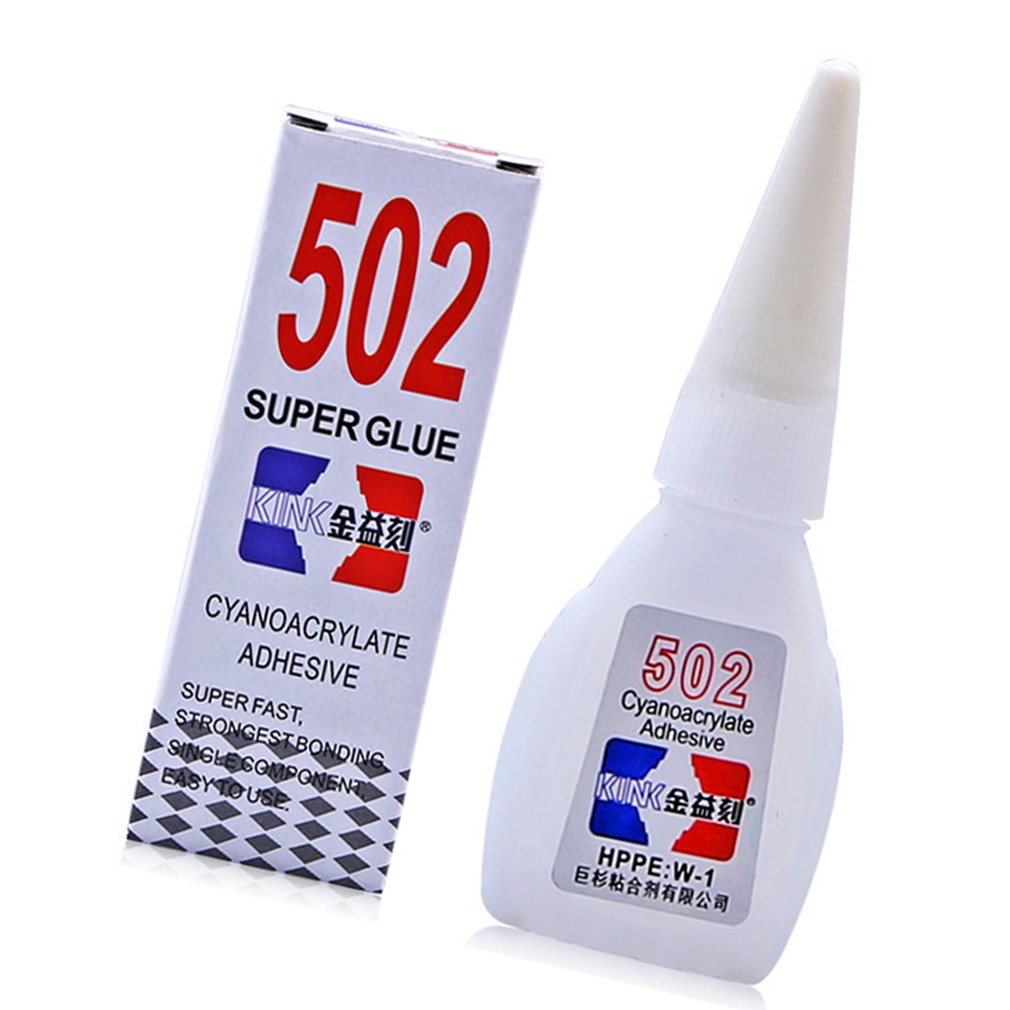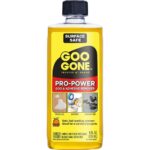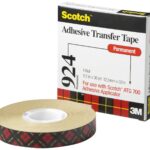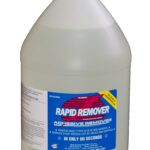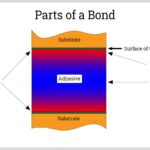502 glue is an adhesive that is used in many industrial and commercial applications. It is a strong, versatile glue that can be used on a variety of materials, including metal, plastic, and wood. 502 glue is also resistant to heat and cold, making it an ideal choice for applications where temperature extremes are a concern.
What will ca glue not stick to
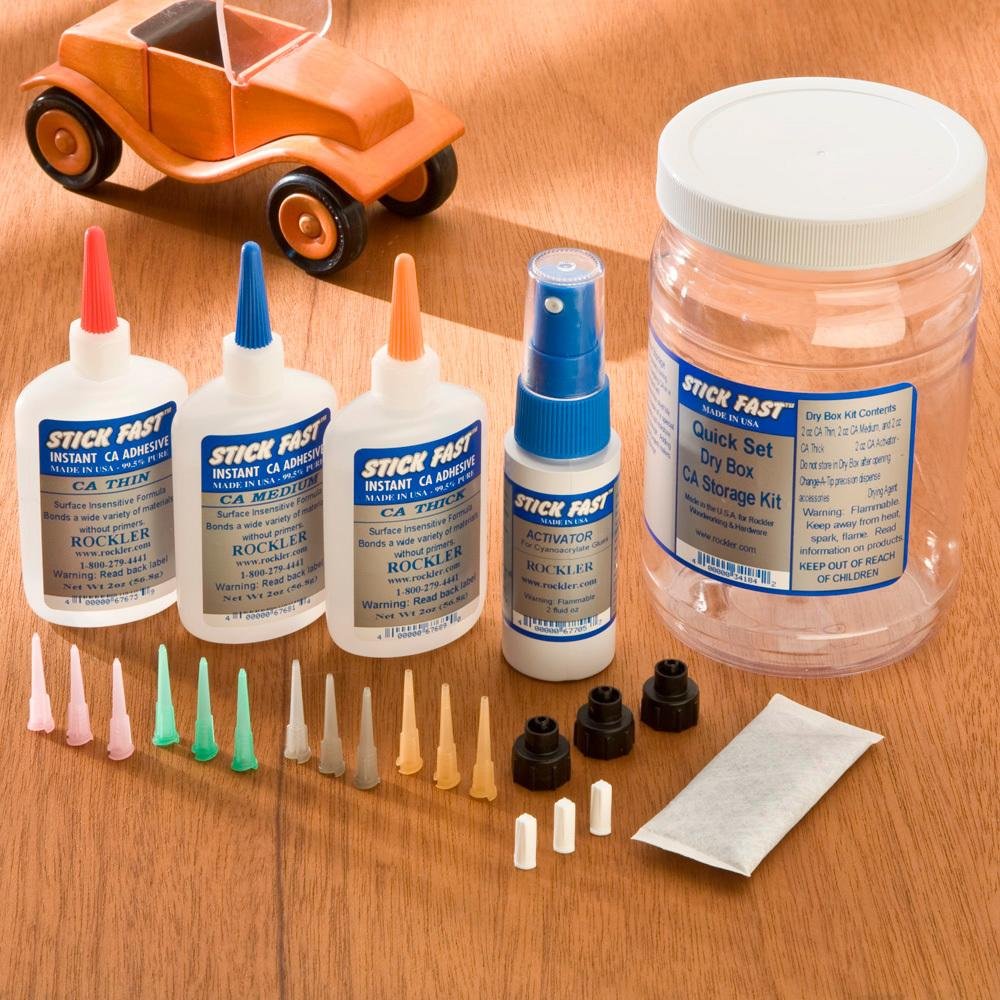
There are a few things that ca glue will not stick to, such as plastic, silicone, teflon, and powder-coated surfaces. If you’re trying to glue something to one of these surfaces, you’ll need to find a different adhesive.
What does super glue not stick to?
There are some materials that super glue will not adhere to. These include:
- Teflon
- PVC
- Polyethylene
- Polypropylene
- EPDM rubber In general, super glue will not stick to materials that are either very smooth or very porous. Teflon is a good example of a smooth material, while EPDM rubber is an example of a porous material. If you’re trying to glue two pieces of material together and you’re not sure if super glue will work, it’s always best to test it out on a small area first. This will help you avoid any unwanted surprises later on.
Does CA glue work on oily surfaces?
One downside of CA glue is that it does not work well on oily surfaces. This is because the oil prevents the glue from getting a good grip on the surface, which can cause the bond to be weak. If you need to glue something to an oily surface, it is best to use another type of adhesive that is designed for that purpose.
What is the difference between ca stick and superglue?
There are a few key differences between CA glue and superglue.
- First, CA glue is typically thinner and less viscous than superglue, making it easier to work with and apply.
- Second, CA glue dries much faster than superglue, so you have to work quickly when using it.
- Third, CA glue is more brittle than superglue, so it’s not as strong or durable.
- Finally, CA glue is more expensive than superglue, so you may want to consider that when choosing which product to use.
Can CA glue be broken off?
CA glue is used in a wide variety of applications including woodworking, automotive, and aerospace. One of the benefits of CA glue is that it can be easily broken off. This is especially useful when making repairs as it allows for a more precise and clean break.
What does ca glue not stick to

There are a few things that ca glue will not stick to, such as teflon, polyethylene, and polypropylene. These materials are often used in non-stick cookware and food packaging. Ca glue will also not adhere to silicone, wax, or oil.
Does CA glue stick to plastic?
While CA glue will adhere to most plastics, there are some exceptions. For example, polyethylene and polypropylene are two types of plastics that CA glue will not stick to. If you are unsure if CA glue will work with a particular type of plastic, it is always best to test it on a small area first.
Does CA glue stick to silicone?
While CA glue is not typically used on its own to adhere silicone to surfaces, it can be used in conjunction with other adhesives to create a strong bond. When used correctly, CA glue can be an effective way to adhere silicone to a variety of surfaces.
Does CA glue stick to rubber?
It can also be used to bond rubber, but it is important to note that CA glue will not adhere to all types of rubber. There are two main types of rubber – natural rubber and synthetic rubber – and CA glue will only adhere to synthetic rubber. This means that if you are trying to glue rubber to another material, you will need to use a different type of glue.
What materials does CA glue work on?
CA glue is a versatile adhesive that can be used in a variety of situations.
Is CA glue as strong as epoxy?
Epoxy is a type of plastic that is frequently used as an adhesive. So, which one is stronger? CA glue is stronger than epoxy in terms of bonding strength and resistance to heat and moisture. However, epoxy is more versatile and can be used on a wider range of materials.
Does CA glue adhere to metal?
While CA glue is not typically used for bonding metal surfaces, it can be an effective option in certain situations. When using CA glue on metal, it is important to roughen the surface of the metal first to help the glue adhere. Additionally, using a CA glue accelerator can also help the glue bond better to metal surfaces.
Does CA glue stick to aluminum?
Some CA glues will stick to aluminum, but it really depends on the type of glue and the aluminum surface. If you’re trying to glue together two pieces of aluminum, it’s best to use a specialized aluminum adhesive. For general purpose CA glues, you may be able to get it to stick, but it’s not guaranteed.
What is the strongest glue to hold metal?
The strongest glue to hold metal is known as 502 glue. This type of glue is specially formulated to bond metal to metal, and it is one of the strongest types of glue available. This glue is typically used in industrial and commercial applications, where it is important to have a strong bond between two metal surfaces.
How long does ca glue last
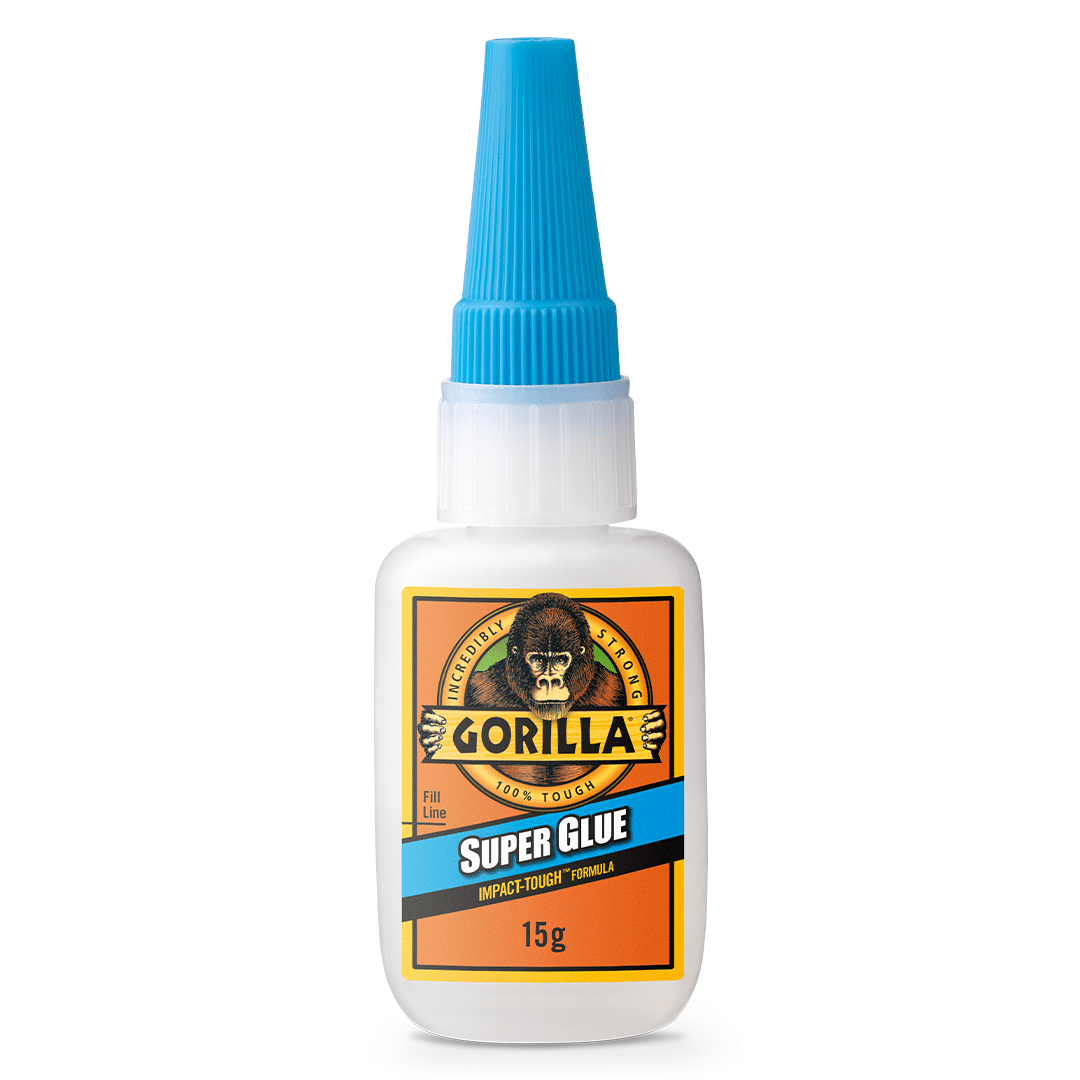
How long does ca glue last? This is a difficult question to answer definitively because it depends on a number of factors, including how well the glue is stored and how often it is used. Generally speaking, however, ca glue can last for several years without any significant degradation in quality.
Is CA glue permanent?
CA glue is available in both spray and liquid form. It dries quickly and forms a strong bond.
What won’t stick to CA glue?
There are some materials that CA glue will not stick to. These include:
- PTFE (Teflon): PTFE is a smooth, non-stick surface that is often used in cooking applications. CA glue will not adhere to PTFE.
- Silicone: Silicone is another material with a smooth, non-stick surface. CA glue will not adhere to silicone.
- Polypropylene: Polypropylene is a type of plastic that is used in a variety of applications. CA glue will not stick to polypropylene.
- PVC: PVC is a type of plastic that is used in a variety of applications. CA glue will not stick to PVC.
What is the strongest permanent glue?
There is no definitive answer to this question as it depends on what material you are trying to glue together and what surface you are working with. That being said, many people believe that 502 glue is the strongest permanent glue available on the market. This glue is designed for use with difficult-to-bond materials like metal, glass, and ceramic, so it can definitely handle most any household repair job you throw its way.
Does CA glue degrade over time?
CA glue is made from two chemicals, cyanoacrylate and an activator. When the two chemicals are mixed together, they create a reaction that causes the glue to harden. CA glue is a strong adhesive, but it can degrade over time. The glue can break down if it is exposed to sunlight or heat, or if it is not used regularly. If the glue is not stored properly, it can also become less effective. Despite these potential problems, CA glue is still a popular choice for many woodworkers and hobbyists. It is relatively inexpensive and easy to use, and it can create strong bonds between pieces of wood.
What will CA glue not stick to?
There are some things that it will not stick to, including:
- Teflon
- Silicone
- Polyethylene
- Polypropylene In general, CA glue works best on smooth, non-porous surfaces. It can also be used to bond metal, glass, and ceramic.
Is CA glue as strong as wood glue?
CA glue is also waterproof, making it a good choice for outdoor projects.
How do you keep CA glue fresh?
One of the most important things to know about CA glue is how to store it properly. If the glue is not stored properly, it will not work as well and may even become unusable. There are a few simple tips to follow to ensure that your CA glue stays fresh and works properly. First, always store the glue in a cool, dry place. Avoid storing it in direct sunlight or in a place where it will be exposed to extreme temperatures.
Second, be sure to keep the lid on the glue tightly sealed when not in use. This will help to keep the glue from drying out. Finally, if you do not plan to use the glue for a long period of time, it is best to store it in the refrigerator. By following these simple tips, you can be sure that your CA glue will work properly and last for a long time.
Should you refrigerate CA glue?
While CA glue is designed to be used at room temperature, there are some instances where it is necessary to refrigerate the glue. This is typically done when working with large volumes of glue or when the glue will be exposed to high temperatures. Refrigerating CA glue will help to prevent the glue from curing too quickly, which can cause problems with the bond. If you are working with a large amount of CA glue, it is best to refrigerate the glue prior to use. This will help to keep the glue from curing too quickly and will allow you to work with the glue for a longer period of time. If you are going to be exposed to high temperatures, it is also a good idea to refrigerate the glue. This will help to prevent the glue from curing too quickly and will allow you to work with the glue for a longer period of time.
What is the shelf life of ca glue?
The shelf life of CA glue is the length of time it can be stored before it begins to break down and become less effective. CA glue is an acrylic-based adhesive, and over time the acrylic can start to degrade, making the glue less effective. The shelf life of CA glue can vary depending on the brand, but is typically around two years.
How long does super glue last?
The answer to this question depends on the type of super glue you are using. For example, Gorilla Glue will last for years if stored properly. On the other hand, Krazy Glue has a shorter shelf life and will only last for a few months.
How long does it take for CA glue to set?
So, how long does it take for CA glue to set? Well, that depends on a few factors, such as the type of CA glue being used, the temperature and humidity of the environment, and the amount of glue being applied. Generally speaking, most CA glues will set within 30 seconds to 2 minutes. However, there are some slower-setting CA glues on the market that can take up to 24 hours to set. So, if you need a quick-setting glue for a quick repair job, CA glue is a good choice. Just be sure to read the labels carefully to choose the right glue for your needs.
How do you make super glue
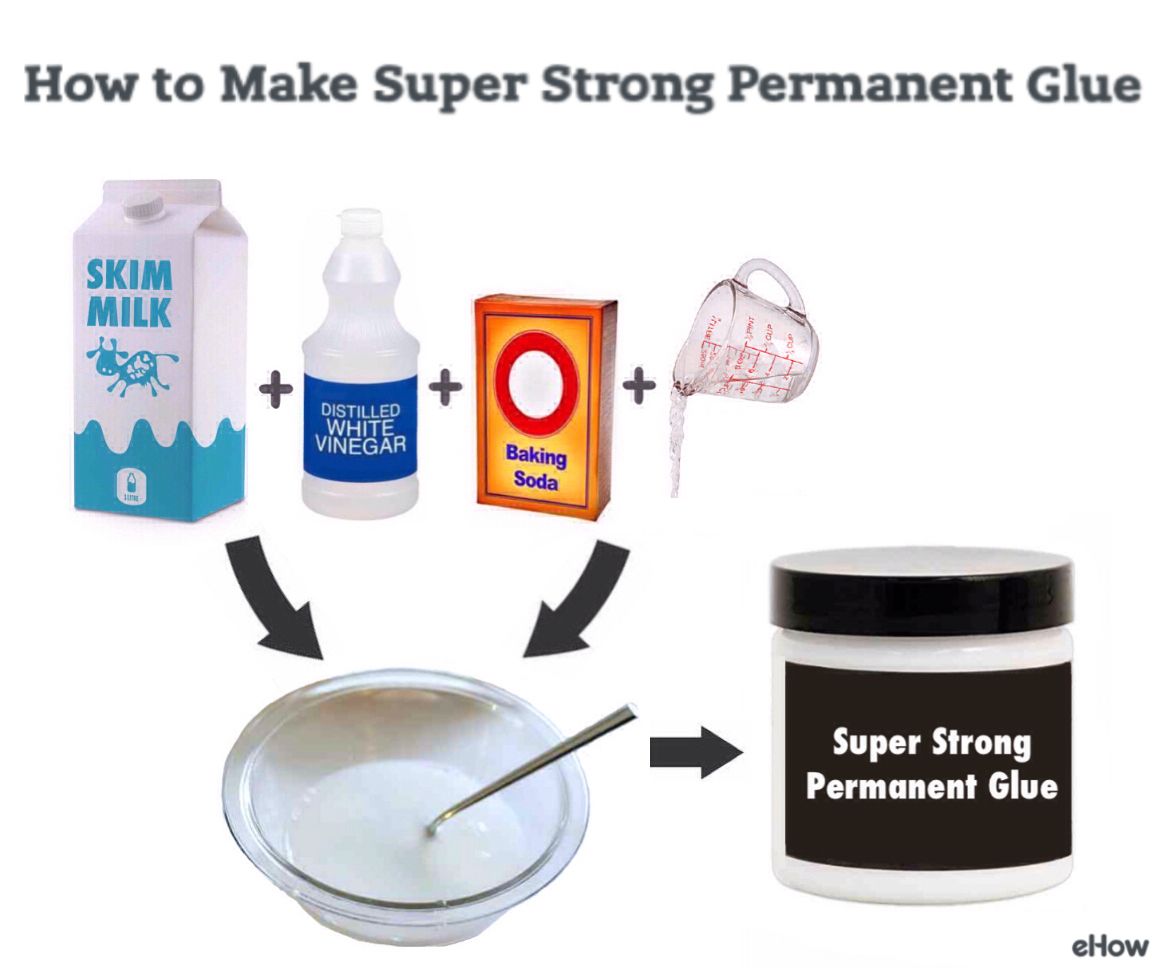
To make super glue, the chemicals are combined in a special process that creates a strong bond between the molecules. The process is called polymerization, and it is what gives super glue its strength. Super glue can be used on a variety of materials, including wood, metal, plastic, and glass. It is also waterproof, so it can be used on wet surfaces.
Can you make homemade super glue?
You can make it at home with a few simple ingredients, or you can purchase it pre-made. It is a strong adhesive that can be used on a variety of materials, including metal, plastic, and wood. 502 glue is also waterproof, making it ideal for outdoor use.
What hardens super glue instantly?
When you mix the two ingredients in super glue, a chemical reaction occurs that produces heat. This heat causes the molecules in the glue to become harder and stronger, making the bond between them stronger. The hardening process is instantaneous, so you need to be careful not to get the glue on your skin or in your eyes.
What is the strongest super glue ever?
The strongest super glue ever is 502 glue. It is a powerful adhesive that can bond virtually any two materials together. It is often used in industrial and commercial applications where a strong bond is required. 502 glue is also resistant to heat, cold and water, making it ideal for use in a variety of environments.
What’s the ingredients for super glue?
The ingredients in super glue allow it to form a strong bond with many different surfaces. Super glue is typically made from a resin and a hardener. The resin is what gives the glue its sticky properties, while the hardener helps the glue to set and become hard. Super glue can also contain other ingredients, such as fillers and solvents, that help to improve its performance.
What is the strongest super glue made?
The strongest super glue is made from a polymer called cyanoacrylate. This substance is incredibly sticky and can bond almost any two materials together. It is often used in medical and industrial applications where a strong bond is required.
What will super glue not stick to?
What is 502 glue? 502 glue is a special type of super glue that is designed to be used on a variety of surfaces. However, there are some surfaces that it will not stick to. Some of the surfaces that 502 glue will not stick to include: glass, plastic, metal, and silicone. These surfaces are often too smooth for the glue to adhere to. Additionally, 502 glue will not stick to wet surfaces.
If you are trying to glue something to one of these surfaces, you will need to use a different type of glue. For glass, plastic, and metal, you can use epoxy. For silicone, you can use a silicone-based adhesive.
How do you make super glue instantly?
There are many different brands of super glue, but they all work in the same way. To use super glue, you first need to clean the surfaces that you want to glue together. This will help the glue to adhere better. Next, apply a small amount of glue to one of the surfaces. Be sure to not use too much, as this can make the bond weaker.
Then, press the two surfaces together and hold them for a few seconds. The glue will then begin to harden and the bond will be created. If you need to remove super glue from your skin or clothing, you can use acetone. This will dissolve the glue and make it easy to remove.
Is super glue stronger with baking soda?
When it comes to finding a strong adhesive, many people turn to super glue. However, you may be wondering if adding baking soda to super glue will make it even stronger. According to some experts, mixing baking soda with super glue can create a stronger bond. The baking soda can act as a filler and help to fill in any gaps in the materials being joined. This can create a stronger overall bond.
Of course, it is always important to test any new adhesive on a small area before using it on your project. This will help to ensure that you are happy with the results. So, if you are looking for a strong adhesive, you may want to try mixing super glue with baking soda. This could create a stronger bond that can help you get your project done right.
What can work as super glue?
Super glue can work as a great alternative to 502 glue. It is stronger and can hold onto surfaces better. It can be used for a variety of projects, including repairing broken items, crafting, and more. Super glue is also easier to use and doesn’t require as much time to set.
